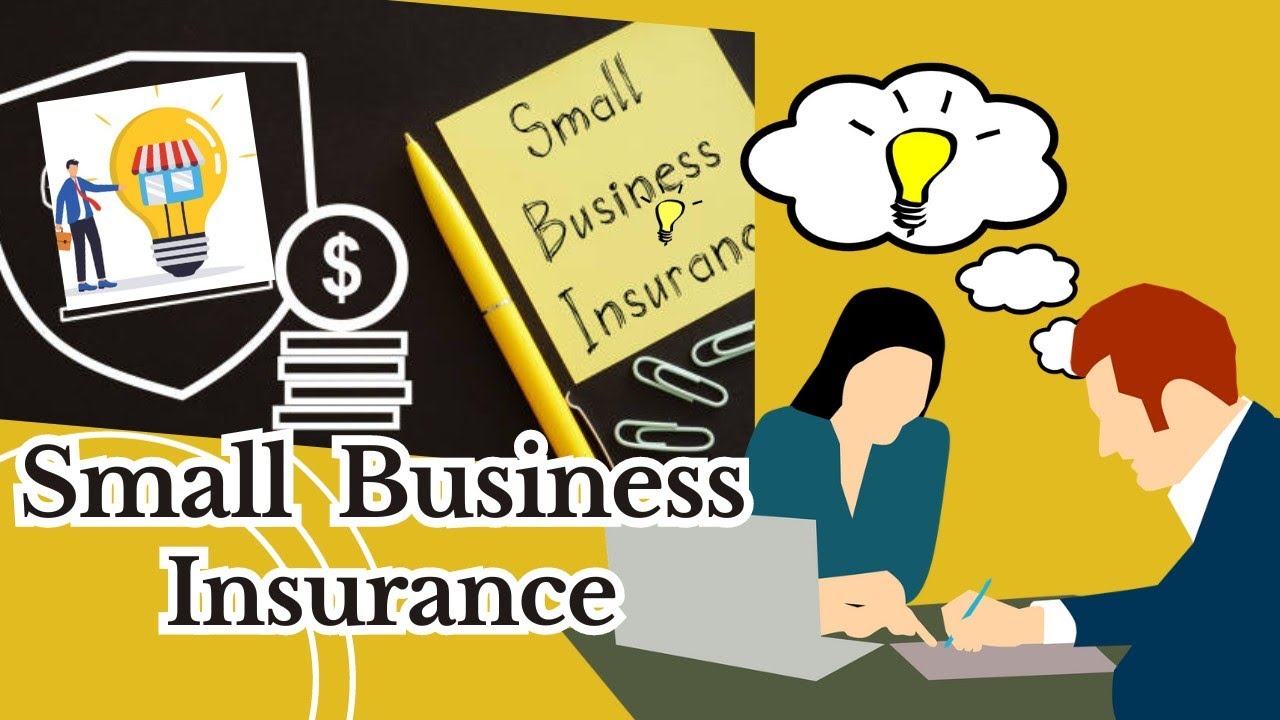Running a small business is no small feat. You pour your heart, time, and resources into building something meaningful. But what happens when the unexpected strikes? A customer slips and falls in your store, a fire damages your workspace, or a lawsuit threatens your finances. Without the right protection, your business could face devastating consequences. That’s where small business insurance comes in.
In this guide, we’ll break down everything you need to know about small business insurance—why it’s essential, the types of coverage available, and how to choose the right plan for your unique needs. Let’s dive in!
Why Small Business Insurance Matters
Small business insurance isn’t just a safety net—it’s a lifeline. Here’s why it’s crucial:
- Protects Your Assets: Your business’s physical assets, like equipment, inventory, and property, are valuable. Insurance ensures you can recover quickly if they’re damaged or destroyed.
- Shields You from Liability: Accidents happen. If someone is injured on your property or your product causes harm, liability coverage can save you from costly lawsuits.
- Builds Trust: Clients and partners often feel more confident working with insured businesses. It shows you’re prepared and professional.
- Keeps You Compliant: Some states or industries require specific types of insurance. Staying covered keeps you on the right side of the law.
Read Also – Simple Steps to Get Your Simple Business Insurance Quote in Minutes
Types of Small Business Insurance You Need to Know
Not all businesses are the same, and neither are their insurance needs. Here are the most common types of small business insurance coverage to consider:
- General Liability Insurance
- What it covers: Third-party injuries, property damage, and advertising injuries (like slander or copyright infringement).
- Who needs it: Every business, especially those with customer interactions.
- Property Insurance
- What it covers: Damage or loss of physical assets, including buildings, equipment, and inventory, due to fire, theft, or natural disasters.
- Who needs it: Businesses with a physical location or valuable equipment.
- Professional Liability Insurance (Errors & Omissions)
- What it covers: Claims of negligence, mistakes, or failure to deliver services as promised.
- Who needs it: Service-based businesses like consultants, accountants, or designers.
- Workers’ Compensation Insurance
- What it covers: Medical expenses and lost wages for employees injured on the job.
- Who needs it: Businesses with employees (required in most states).
- Business Interruption Insurance
- What it covers: Lost income and operating expenses if your business is forced to close temporarily due to a covered event.
- Who needs it: Businesses that rely on a physical location to operate.
- Cyber Liability Insurance
- What it covers: Data breaches, cyberattacks, and related legal fees or customer notifications.
- Who needs it: Businesses that handle sensitive customer data or operate online.
Read Also – Next Insurance Review (2025): Is It the Best Small Business Insurance in the USA?
How to Choose the Right Insurance for Your Business
Selecting the right small business insurance plan doesn’t have to be overwhelming. Follow these steps to make an informed decision:
- Assess Your Risks: Identify the unique risks your business faces. For example, a bakery might prioritize property insurance, while a tech startup may focus on cyber liability.
- Research Coverage Options: Work with an insurance agent or broker who understands small businesses. They can help you compare policies and find the best fit.
- Bundle Policies: Many insurers offer Business Owner’s Policies (BOPs), which combine general liability and property insurance at a discounted rate.
- Read the Fine Print: Understand what’s covered—and what’s not. Don’t hesitate to ask questions.
- Review Annually: As your business grows, your insurance needs may change. Revisit your policy regularly to ensure it still meets your needs.
Common Myths About Small Business Insurance
Let’s clear up some misconceptions:
- Myth 1: “I don’t need insurance because I’m a small business.”
Truth: Small businesses are often more vulnerable to financial losses. Insurance is a smart investment. - Myth 2: “Insurance is too expensive.”
Truth: The cost of insurance is often far less than the cost of recovering from a disaster or lawsuit. - Myth 3: “My home-based business is covered under my homeowner’s policy.”
Truth: Most homeowner’s policies don’t cover business-related claims. You’ll need separate business insurance.
Final Thoughts: Protect Your Business Today
Small business insurance isn’t just an expense—it’s an investment in your future. By understanding your risks and choosing the right coverage, you can focus on what you do best: growing your business.
Don’t wait until it’s too late. Take the first step today by consulting an insurance professional or getting a quote online. Your business is your dream—protect it with confidence!
Pro Tip: Many insurers offer customizable plans tailored to your industry. Whether you’re a freelancer, retailer, or contractor, there’s a policy designed just for you. Start exploring your options now and give your business the protection it deserves.
By taking action today, you’re not just safeguarding your business—you’re securing your peace of mind.
Disclaimer: The information provided in this article is for general guidance only and does not constitute professional advice. Insurance needs vary by business, so consult a licensed insurance agent to determine the best coverage for your specific situation. We make no guarantees about the accuracy or completeness of the content. Use this information at your own risk.
Read Also –
Understanding Business Interruption Coverage: Protecting Your Business During Unexpected Downtime
Next Insurance Review (2025): Is It the Best Small Business Insurance in the USA?
Simple Steps to Get Your Simple Business Insurance Quote in Minutes
